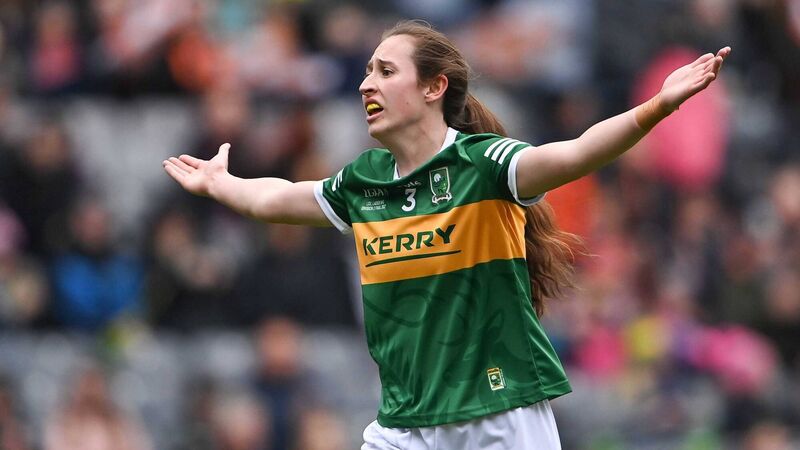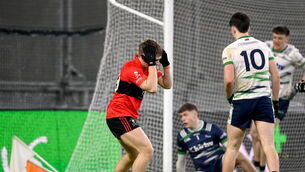AFLW is far from the greatest threat to Ladies’ football

HEADING DOWN UNDER: Kerry All-Ireland winner and Player of the Year nominee Kayleigh Cronin is among those who will play in the AFLW this year Pic: Piaras Ó Mídheach, Sportsfile
The player drain continues. Last year Mayo enjoyed a mixed campaign, beaten in the Connacht final and progressing through a group before losing out to Armagh in the final eight. Since then, four starters have left the squad.
That blow was confirmed when Liam McHale’s senior ladies football panel for the 2025 league was confirmed earlier this month. There were several noticeable absentees. Laura Brennan, Éilis Ronayne, Lisa and Sinead Cafferky, all of whom lined out against Armagh, had opted out. All-Star and former captain Fiona McHale, a second half sub in that fixture, is also gone. It means from the 15 players who started in the 2023 All-Ireland semi-final, 11 are unavailable.














